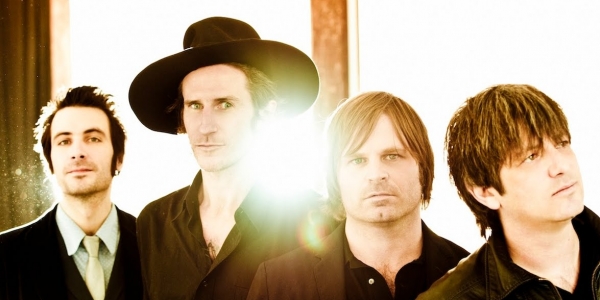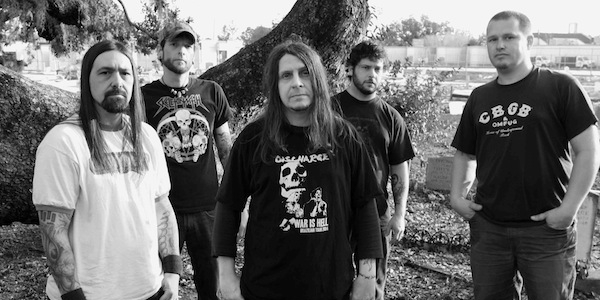Hopkinson’s brother was a friend of the enigmatic Roddy Radalj, who would go on to be a founding member of the Scientists, the Hoodoo Gurus and the Dubrovniks. “Roddy was in every great band at that time,” Hopkinson recalls. “So I got to know lots of great music through my brother.” Hopkinson joined a hardcore band before eventually moving across to Melbourne when he was 18-years-old. Hopkinson ended up playing drums for Nursery Crimes, as well as stints in various other bands, including The Kryptonics, the power-pop outfit formed by Hopkinson’s West Australian contemporary and future business partner Ian Underwood.
In the early ’90s Hopkinson replaced Mark Tunaley on drums in You Am I, arriving just in time to head to the United States to record Hi-Fi Way with producer Lee Ranaldo (Ranaldo had also produced You Am I’s debut album, Sound As Ever). Loved by its fans, and feted by critics, You Am I has remained a mainstay of the Australian live scene, despite the occasional drama.
Led by the brilliant, but volatile Tim Rogers, You Am I has often appeared on the precipice of implosion. “I don’t think we’ve ever been that volatile,” laughs Hopkinson, when I ask him if he’s ever thought the band would break up. “We’re all good friends, and we’ve managed to take breaks from playing, and we’ve all got diverse interests. We’ve managed to remain great friends, and so we can look forward to touring again,” he says. “Earlier this year we did the tour with Cold Chisel, which was great fun, but we haven’t played since then. There have definitely been points over the years when it’s been good to take a break.”
While it’s always pleasing to be commended for its recorded output and live performance, Hopkinson says the strength of a band comes in the not-so-good times. “There was a period when we could seem to do absolutely no wrong artistically,” Hopkinson says. “But you know that’s not going to last. And how you react to those things is what makes you as a band.”
Greil Marcus once wrote a very perceptive piece on the notion of the ‘survivor’, a concept Marcus argued was unique to rock’n’roll discourse. “I suppose we’re survivors in the sense that we haven’t had to do a reunion tour,” Hopkinson says. “I think things were more dramatic around the time that Marcus wrote that article, whereas now it’s more common for bands to be around longer.” In that context, Hopkinson is very excited at the prospect of seeing the legendary ’60s R&B outfit The Pretty Things in early December. “I rang up the promoter as soon as I heard they were coming,” Hopkinson says. “They’re the perfect example of guys who’ll be doing it forever.”
On You Am I’s official website, Hopkinson lists Cranked Up Really High – Genre Theory & Punk Rock by Stewart Home as the most influential book he’s read. Home has a very outspoken view of punk – Home locates punk rock in a broader historical and philosophical tradition, as well as disputing many commonly ascribed aspects (especially cheap aesthetic statements) of punk as not being ‘punk’ at all. Hopkinson says he’s stimulated by many of Home’s ideas, though he doesn’t necessarily subscribe to the entire thesis. “I see punk very broadly – I don’t just base it around London in 1977,” Hopkinson says. “Stewart Home has some bizarre theories – some of which is related to astrology – and in some ways he’s mad, but brilliant.”
These days Hopkinson lives in the Sydney inner-city suburb of Marrickville, where he’s able to take in the contemporary punk rock scene at his leisure. “There are punk rock shows going on around here that are similar to when I was growing up in Fremantle,” Hopkinson says. Hopkinson can see a historical continuum from ‘70s punk rock to its modern day relative; the salient difference is the career path punk rock now provides. “When I was originally into punk rock it wasn’t a career option, but now it is,” Hopkinson says. “It’s funny when you see kids walking around wearing Exploited t-shirts and you think ‘why do you like a band like that?’” Hopkinson laughs.
BY PATRICK EMERY







